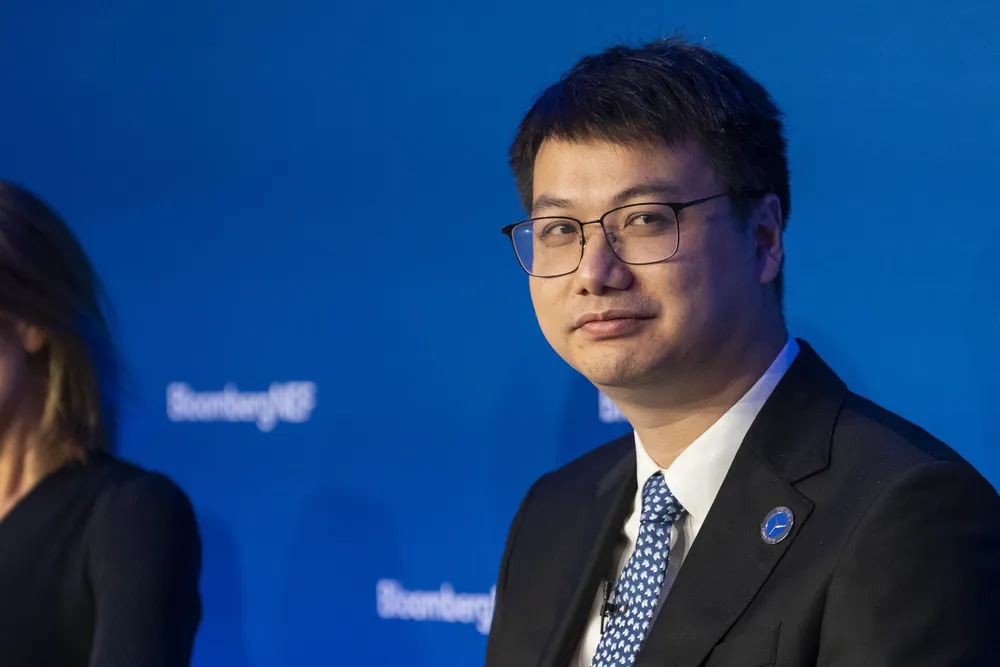Windey chief: 'Vestas has thousands of turbines in China, no one accuses them of spying'
Chinese turbines are already operating in the US and Australia, but are deemed 'much higher risk' in EU, says Windey's international CEO

Claims that Chinese wind turbines pose a security risk to Europe may be an “excuse” to avoid competition, says a Windey executive, who said that concerned parties can check their machines “from top to bottom”.
Danish turbine-making giant Vestas has “installed thousands of turbines in China,” said Yu. “No Chinese people or the Chinese government have said that they are spying.”
In the US, Yu noted that China’s Goldwind has installed “hundreds of wind turbines,” with more deployed in another Western power, Australia. Yet Yu said he has seen no alarm raised over the machines by the governments in those countries.
Only in the EU, where there are very few Chinese wind turbines installed, are Chinese machines described as being a “much higher risk,” said Yu. “It’s a very strange philosophy.”
Yu said he understands why countries are “nervous” about energy security. “Several years ago, I don't want to mention which event,” he said that one country was “attacked” by another leading to a “collapse” in its energy infrastructure.
In the wake of that attack, an apparent reference to Russia’s invasion of Ukraine, he said that countries are taking “very seriously” concerns over cyber-attacks on their energy facilities.
Yu stressed that Windey is a “commercial business” and that if any developer or authority has security concerns regarding its turbines, they can ask for a third party to investigate this and give the machines a “certificate.” Windey has had its wind turbines certified by classification agencies UL Solutions and DNV, he said.
“It's easy,” he said, as independent power producers (IPPs) can during due diligence processes “check our turbines from top to bottom.”
Yu said he would prefer practical measures are agreed on to demonstrate the safety of Windey turbines rather than fears over the security risk they could pose being used as an “excuse” not to use them.